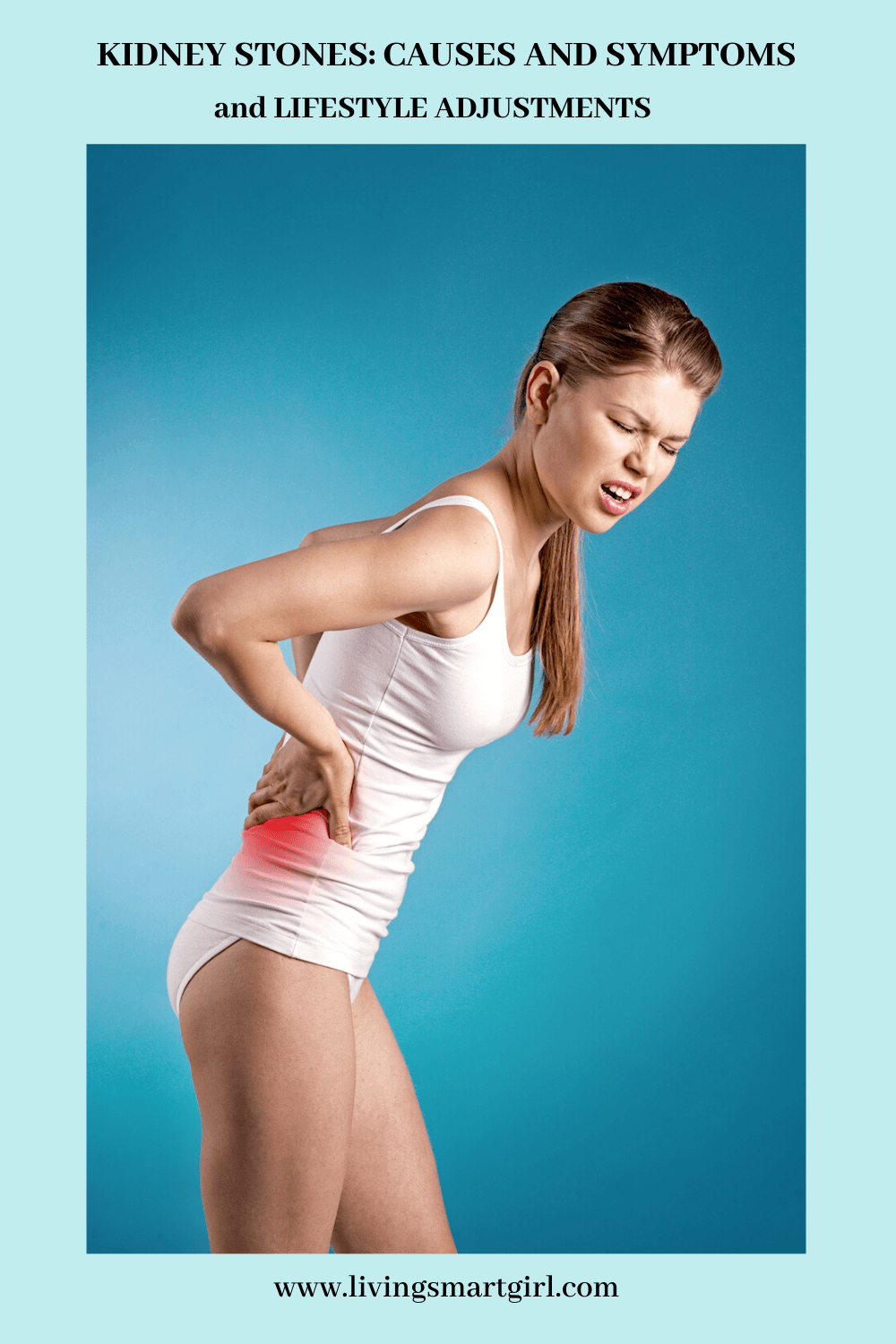Kidney Stones: Causes, Symptoms and Lifestyle Adjustments
If you have ever met someone who has had kidney stones, it’s certain that they would have told you about the wrenching pain that is known to come with this health condition. Kidney stones mostly come into play when there’s a buildup of dissolved salts and minerals inside the kidney. The stones are formed when minerals like calcium and phosphorus which is normally present in your urine accumulates, solidifies and cluster together. Although, some kidney stones are small and can be easily passed through the urinary tract, others can grow big to the extent of requiring a medical procedure.
Causes of Kidney Stones
Sometimes, kidney stones have no single cause because they are often as a result of a medical condition or family history but the most known cause is lack of enough water in the body. When you consume less water than the recommended 8-10 glasses of water per day, your body may be unable to dilute uric acid which is a component of urine thereby making your urine more acidic. Other causes of kidney stones includes:
- Lack of calcium.
- High sugar or high salt diet.
- Consumption of large amounts of foods rich in oxalic acid (e.g. spinach, nuts, chocolates).
- High consumption of proteins.
- Lack of citrate which can make urine less acidic.
Symptoms Associated with Kidney Stones
It is a well-known fact that kidney stones are very painful but it is also possible to have kidney stones and not be aware of it; this is the case with small kidney stones as they can easily pass on their own without treatment but you may need a medical procedure to remove kidney stones that do not pass on their own. Here are some symptoms by which you can know if you have kidney stones:
- Severe sharp pain in the lower abdomen, side or back
- Burning sensation or pain when urinating
- Brown, red or pink blood in the urine
- Frequent urination or inability to urinate well
- Foul-smelling or cloudy urine
- Nausea and vomiting
- Fever with chills
Lifestyle Adjustments to Manage Kidney Stones
Research has it that most people who has had kidney stones are at risk of having it again if they do not take certain precautions. Making changes to your eating patterns can help to prevent kidney stones; please note that some lifestyle changes may depend on the type of kidney stone that you were diagnosed of however here are some common steps to take:
- Stay Hydrated: it is advised that you drink at least 2 liters of fluid every day as fluids can help to flush out excess minerals from the body; people with cystine stones may be required to consume more liters of fluids.
- Consume less of Animal Proteins: you might need to reduce the amount of chicken, eggs, diary and pork that you consume. Instead replace this animal proteins with plant proteins like legumes, nuts and soy.
- Lose Weight: getting rid of excess weight can help reduce your risk of having kidney stones. Make sure you use the right weight loss technique to keep your weight in check.
- Reduce your Oxalic Acid Consumption: foods that are high in oxalate can increase your risk of getting kidney stones. Reduce how you consume foods like nuts, cocoa powder, rice bran and a bunch of others.
- Keep Track of your Calcium: having low levels or high levels of calcium can both result in kidney stones. Make sure you keep track of your calcium through your diet.
However, although some certain kidney stones pass and disappear on their own, do not hesitate to seek medical attention if you experience any of the symptoms mentioned above.




Leave a Reply